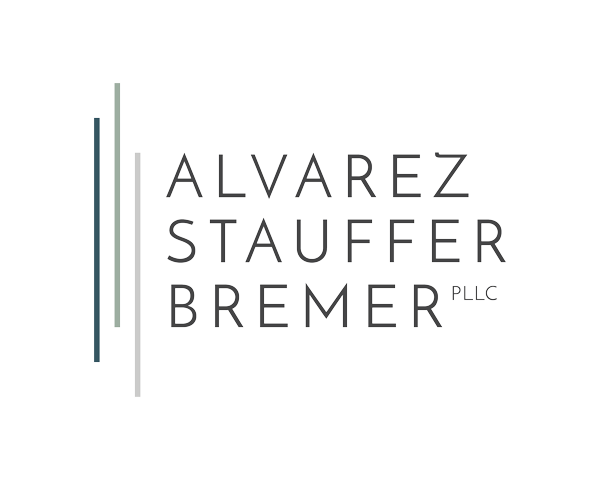A Washington Court of Appeals recently ruled in the Koedalah Decision that insurance adjusters and the carrier can both be named in bad faith suits. This case with the ruling on an adjuster has sent shockwaves through the industry with this decision likely taking on national implications. However, before the insurance industry cries foul, the arbitrary nature of insurance settlements looks to be the cause for the initial lawsuit.
The original suit
According to various news reports, Moun and Aung Koedalah were involved in a crash with a motorcyclist in April of 2007. The motorcyclist struck the couple’s pick-up truck, which Moun was driving. Determined by the Seattle Police to be traveling at a high rate of speed, the biker died from his injuries. Moun suffered injuries as well, and there was damage to the truck. While the biker was uninsured, the couple’s policy provided $25,000 in underinsured motorist coverage.
The couple asked for the maximum amount, but their carrier (Allstate) offered $1,600 to the claimants. Despite requesting an explanation from the carrier for the low settlement, none was given. Instead, the carrier raised its offer to $5,000. The claimants then filed a suit against Allstate, which led the carrier to offer $15,000 before trial.
The initial trial
The case initially went to jury trial in Washington State. During the trial, Allstate finally revealed that its adjuster had determined that Moun was talking on his cell phone when he drove through a stop sign, which prompted the adjuster to estimate that 70 percent of the accident was the fault of the plaintiffs. The jury saw it differently, awarding the claimants $108,868.20 for time away from work, injuries and medical expenses.
Just getting started
The couple then filed a bad faith insurance suit against Allstate and the adjuster. The carrier filed a motion for dismissal of the complaint, which removed adjuster liability. The case was then submitted to the appeals court which reversed the lower court’s ruling for dismissal and, moreover, found the adjuster was liable. This remanded the case back to trial court.
Why the shockwaves?
There are two important takeaways from this ruling to include the adjuster:
- It keeps the case at the state level, whose courts are more favorable for the plaintiff.
- This could mean legal and financial intimidation of the adjusters, whose personal life and finances may be affected by litigation even if the carrier pays the bills.
The issue is still evolving
The seeming arrogance of carrier and the adjuster certainly has come back to haunt them. Right or wrong, this case may sum up how some claimants feel when they try to file a claim. Those with questions about a dispute with a carrier are advised to speak with an attorney who has experience handling such insurance disputes as claims of bad faith.





